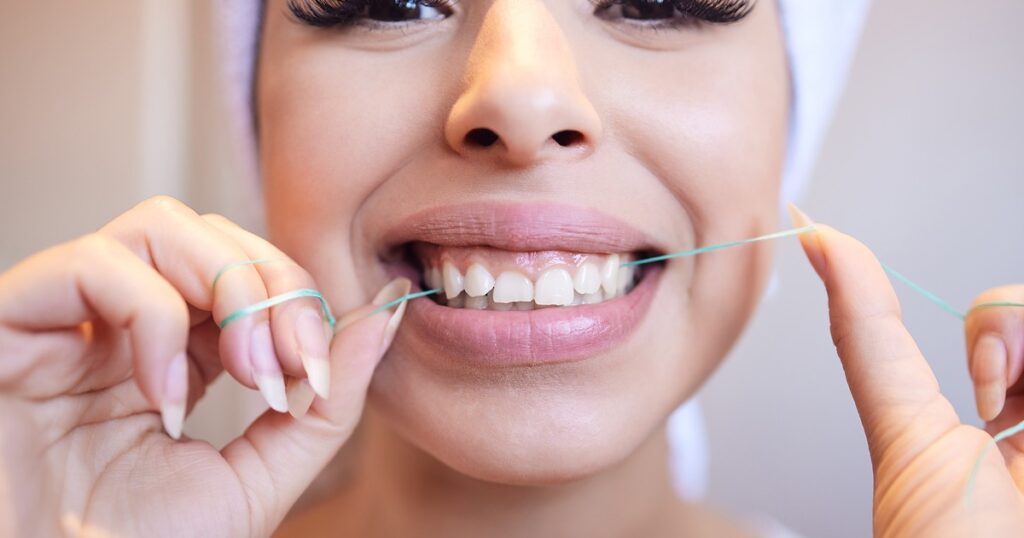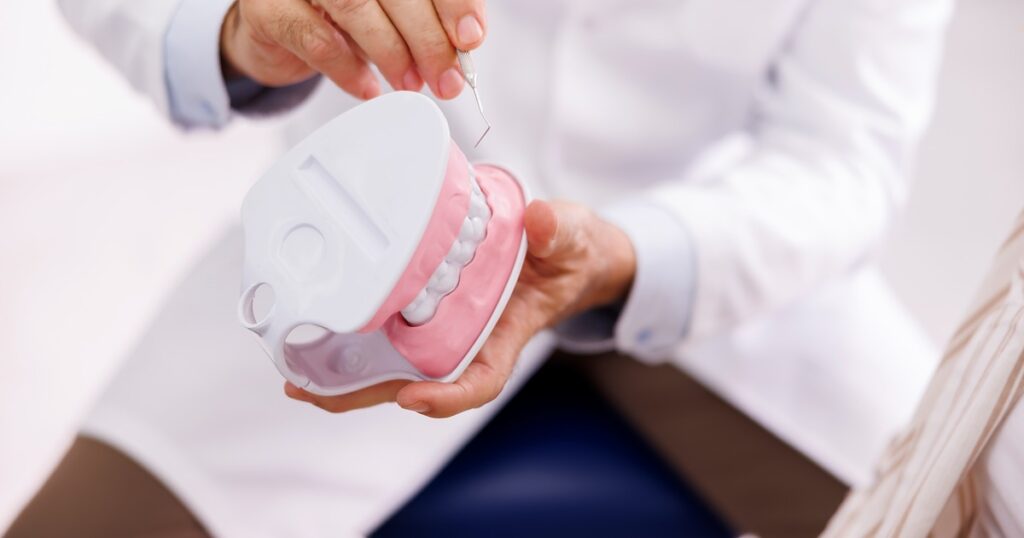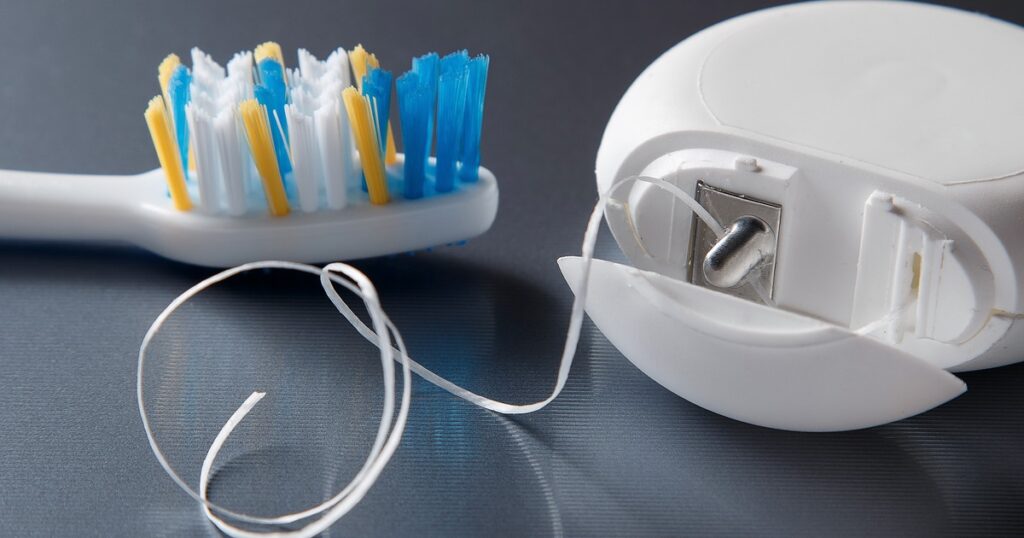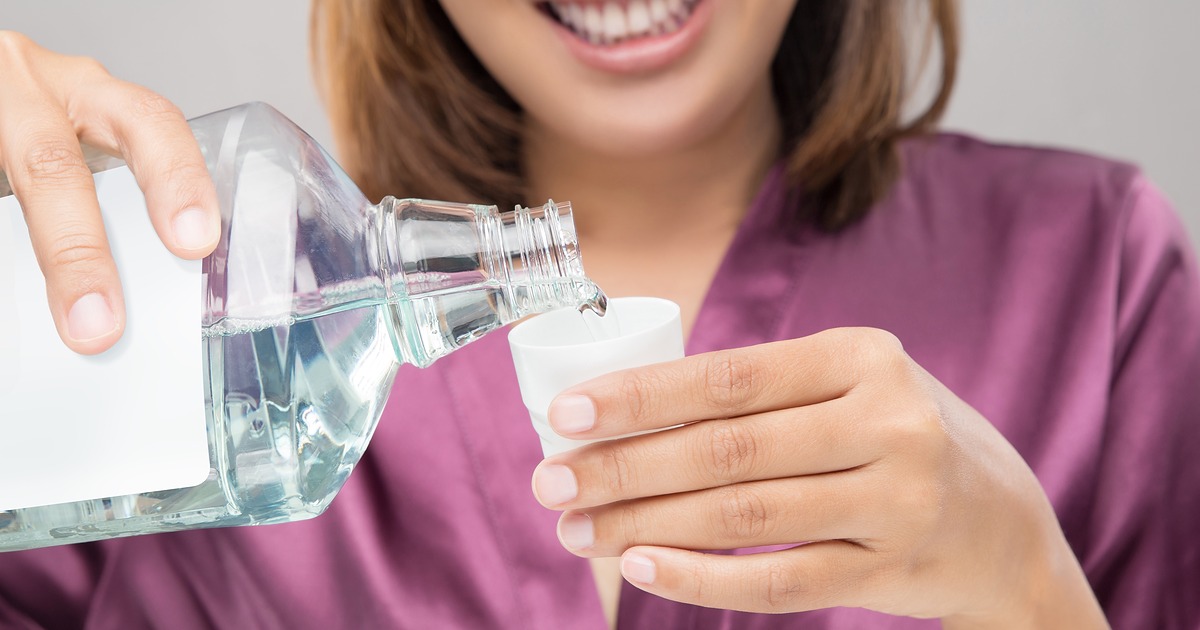Top 10 Causes of Bad Breath | How to Fix Each One
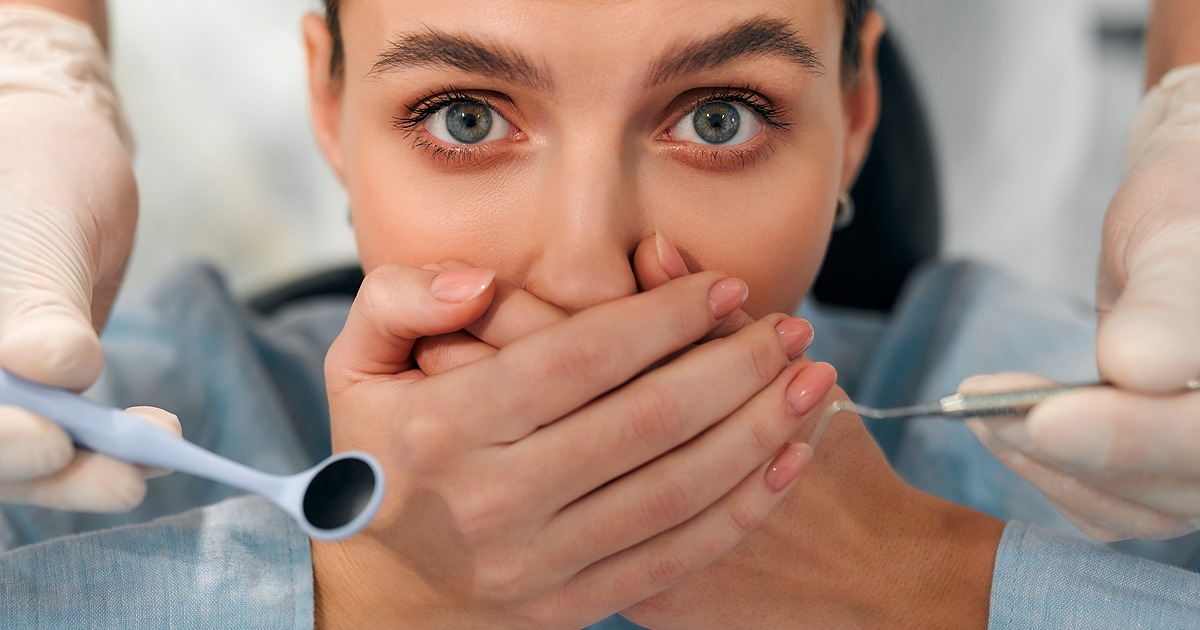
Bad breath—also known as halitosis—is something almost everyone deals with at some point. But for some people, it becomes a chronic problem that affects confidence, relationships, and even work life.
The truth? Bad breath isn’t just about forgetting to brush. It can come from many different causes, and each one requires a specific solution.
In this post, we’ll explore the top 10 causes of bad breath, how to tell which one you have, and how to fix it for good. Once you know the causes, try Toothpaste for Bad Breath and add Mouthwashes for Bad Breath into your daily routine. If odor persists, explore whether Cavities Could Be the Hidden Cause.
🦷 1. Poor Oral Hygiene
If you don’t brush and floss regularly, food particles remain between teeth, leading to plaque buildup and smelly bacteria.
Fix: Brush twice daily, floss once a day, and clean your tongue with a scraper.
🦷 2. Cavities and Tooth Decay
Cavities trap bacteria and food particles inside small holes in your teeth, creating a foul smell.
Fix: Visit a dentist to get fillings. Once the decay is removed, the odor disappears.
🪥 3. Gum Disease
Gingivitis and periodontitis allow sulfur-producing bacteria to grow in gum pockets, causing a rotten odor.
Fix: Professional cleaning, improved oral hygiene, and sometimes antibiotics.
😴 4. Morning Breath
Saliva production decreases while you sleep, allowing bacteria to multiply overnight.
Fix: Brush and floss before bed, drink water, and consider using a mild mouth rinse at night.
🥤 5. Dry Mouth (Xerostomia)
Without enough saliva, bacteria thrive and odors linger. Dry mouth can be caused by dehydration, medications, or mouth breathing.
Fix: Stay hydrated, chew sugar-free gum, or use saliva substitutes.
☕ 6. Certain Foods & Drinks
Garlic, onions, coffee, and alcohol leave strong odors that linger in your mouth and bloodstream.
Fix: Brush after eating, drink water, or chew sugar-free gum to freshen breath.
🚬 7. Smoking or Vaping
Tobacco dries the mouth, stains teeth, and leaves a strong odor. It also increases the risk of gum disease.
Fix: Quit smoking or vaping; it’s the only real solution.
🤒 8. Sinus, Throat, or Lung Infections
Post-nasal drip, tonsil stones, or respiratory infections can all cause foul-smelling breath.
Fix: Treat the underlying infection with medical help; gargling with saltwater can also help.
🍔 9. Poor Diet or Fasting
Low-carb diets and fasting produce ketones, which can cause a metallic or fruity bad breath.
Fix: Balance your diet with healthy carbs and drink plenty of water.
🩺 10. Medical Conditions
Diabetes, acid reflux, liver disease, and kidney problems can all cause chronic halitosis.
Fix: See a doctor if you suspect your breath problem is linked to an underlying health condition.
🧠 Quick Checklist: How to Keep Your Breath Fresh
-
Brush 2x daily & floss once a day
-
Clean your tongue with a scraper
-
Drink water frequently
-
Use alcohol-free mouthwash
-
Replace toothbrush every 3 months
-
Get dental checkups every 6 months
❓ FAQs: Bad Breath Causes
1. Can bad breath mean a serious health issue?
Yes, persistent halitosis may signal gum disease, diabetes, or acid reflux.
2. Does chewing gum help with bad breath?
Sugar-free gum increases saliva, which helps wash away odor-causing bacteria.
3. How do I know if my bad breath is from my stomach or teeth?
If brushing doesn’t help, it may be related to diet, acid reflux, or other medical conditions.
4. Can mouthwash cure bad breath?
Mouthwash can mask odors but won’t fix underlying causes like cavities or gum disease.
🔑 Final Takeaway
Bad breath has many causes, from poor oral hygiene and cavities to diet, smoking, and medical issues. The good news is, once you identify the cause, you can take the right steps to fix it.
👉 Start with daily oral hygiene, hydration, and regular dental visits. If bad breath continues, consult your dentist or doctor to rule out deeper health concerns.



